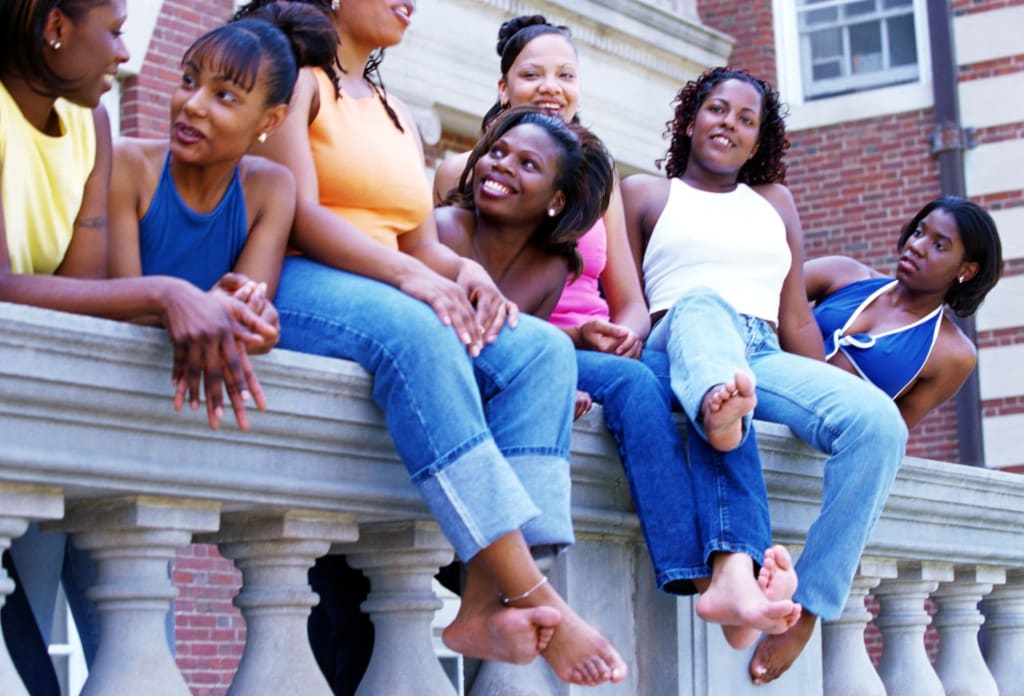Greek life has long been a prominent aspect of college campuses across the United States, including Historically Black Colleges and Universities (HBCUs). These organizations, also known as sororities and fraternities, play a significant role in the social, academic, and community engagement of students at HBCUs.
At HBCUs, Greek life is deeply rooted in tradition and history. Many Greek organizations were founded at these institutions as a means of providing support and unity among African American students who faced discrimination and segregation. These organizations have since evolved into pillars of campus life, with a strong emphasis on service, leadership, and academic excellence.
One of the key aspects of Greek life on HBCU campuses is the sense of brotherhood and sisterhood that members cultivate within their respective organizations. These bonds often last a lifetime and provide a strong support network for members as they navigate their college experience and beyond. Greek organizations also offer opportunities for professional development, networking, and mentorship, which can be invaluable in helping students achieve their academic and career goals.
In addition to fostering personal and professional growth, Greek organizations at HBCUs are also heavily involved in community service and philanthropic initiatives. Members participate in a wide range of service projects, from volunteering at local schools and community centers to raising funds for charitable organizations. These efforts not only benefit the communities surrounding HBCU campuses but also instill a sense of civic responsibility and social awareness in members.
Furthermore, Greek life on HBCU campuses offers a host of opportunities for personal and academic enrichment. Many organizations host leadership development workshops, academic tutoring programs, and career planning seminars to help members excel in their studies and prepare for life after graduation. Additionally, Greek organizations often host social events, cultural celebrations, and academic forums that contribute to the vibrant campus life at HBCUs.
However, like any other aspect of college life, Greek organizations on HBCU campuses are not without their challenges. Issues such as hazing, financial strain, and unrealistic expectations can sometimes overshadow the positive aspects of Greek life. It is important for members and leaders of Greek organizations to address these issues head-on and work towards creating a safe, inclusive, and supportive environment for all members.
Overall, Greek life on HBCU campuses plays a vital role in shaping the college experience for many students. From fostering lifelong friendships to promoting academic success and community engagement, Greek organizations at HBCUs are a cornerstone of campus culture and tradition. As these organizations continue to evolve and adapt to the needs of a changing student body, they will no doubt remain a powerful force for positive change and empowerment on HBCU campuses.
